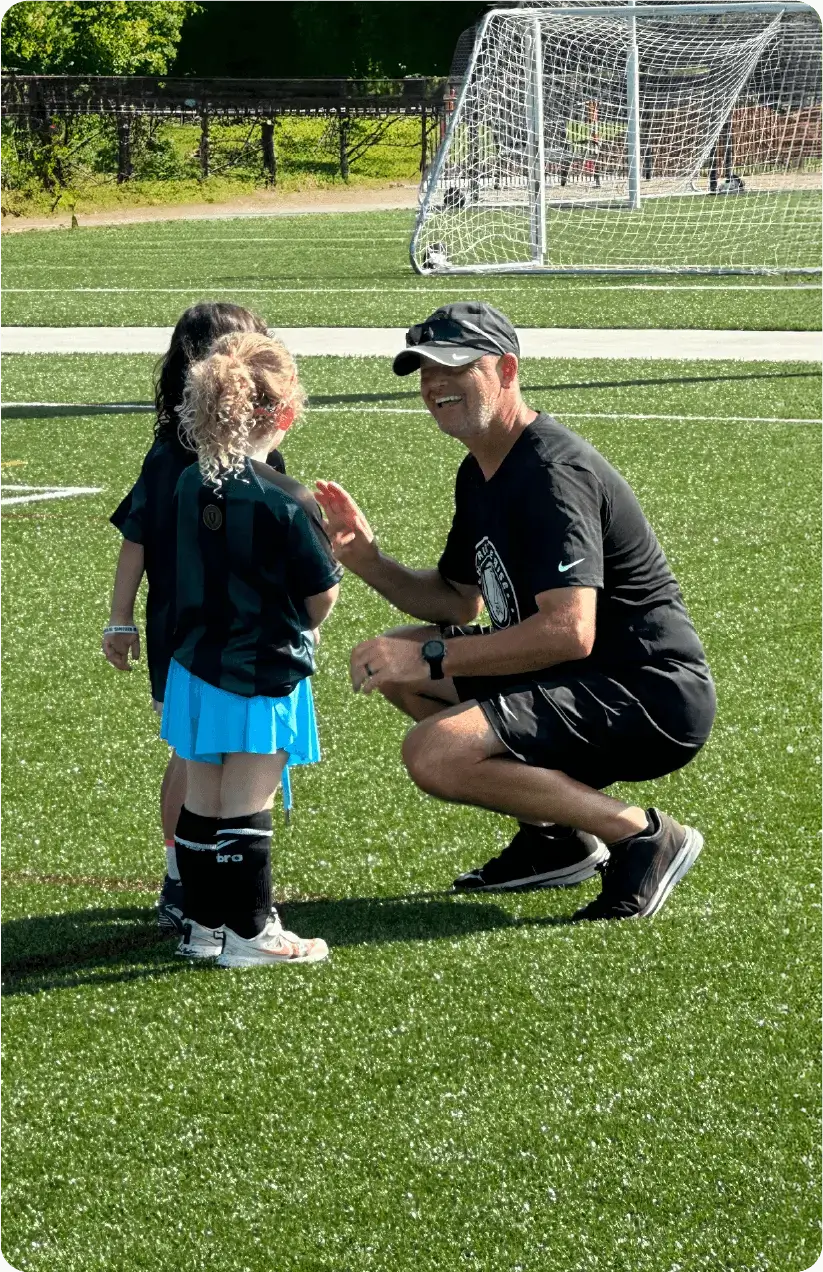Nurturing Young Soccer Stars: A Guide for Parents

CRFC
NEWSLETTERS
NEWSLETTERS FOR OUR LATEST EVENTS
Youth soccer is a fantastic sport that offers numerous physical, mental, and social benefits for children. As a parent, your role in supporting your young soccer player is valuable. This article aims to provide guidance and insights to help you navigate the world of youth soccer, ensuring your child enjoys the game, develops their skills, and grows as a well-rounded individual.
1. Encourage a Love for the Game
The first and most crucial step in nurturing a young soccer player is to foster a genuine love for the sport. Encourage your child to watch professional matches, attend local games, or play soccer in the park with friends. Your enthusiasm for the game can be contagious, so be a positive role model by showing interest and enjoying soccer together as a family.


2. Balance and Prioritize
It’s essential to strike a balance between soccer and other aspects of your child’s life. While soccer can be a significant part of their identity, it’s crucial not to let it consume their entire world. Encourage participation in other activities, maintain a focus on academics, and ensure adequate rest and family time. A well-rounded individual is more likely to excel both on and off the field.
3. Choose the Right Program
When selecting a youth soccer program for your child, consider factors like the coach’s qualifications, the program’s philosophy, and the quality of facilities. Look for programs that prioritize skill development, sportsmanship, and a positive learning environment over a win-at-all-costs mentality. Talk to other parents and players to get a sense of the program’s reputation and its suitability for your child’s needs.
4. Supportive Sidelines
Parents play a significant role in creating a positive atmosphere during matches. Cheer for all players, not just your child, and be respectful to coaches, referees, and opposing teams. Encourage good sportsmanship and emphasize that winning isn’t the only measure of success. Teach your child to learn from both victories and losses and to focus on their personal growth.


5. Be a Lifelong Learner
Soccer is an ever-evolving sport, and staying informed can help you better support your child’s development. Attend coaching clinics or parent seminars if available, read books, and watch videos about soccer coaching and player development. The more you know about the game, the better you can guide and motivate your child.
6. Communication is Key
Open and honest communication with your child is essential. Ask them about their experiences, goals, and any concerns they may have. Be a supportive listener and avoid putting too much pressure on them. Understand that your child may have ups and downs in their soccer journey, and your role is to provide a steady and encouraging presence.
7. Embrace Resilience
Soccer, like life, is filled with challenges and setbacks. Teach your child to embrace resilience, learn from failures, and never give up. Encourage them to work hard, stay dedicated, and keep a positive attitude even in the face of adversity. These life skills learned on the soccer field will serve them well in all aspects of their future.

As a parent of a youth soccer player, your role is to nurture your child’s love for the game, provide support, and foster their overall development. By maintaining a balanced approach, selecting the right program, being a positive presence on the sidelines, and promoting resilience and sportsmanship, you can help your child flourish in the world of soccer and beyond. Enjoy the journey together, and remember that the lessons learned on the soccer field can shape your child’s character for a lifetime.

